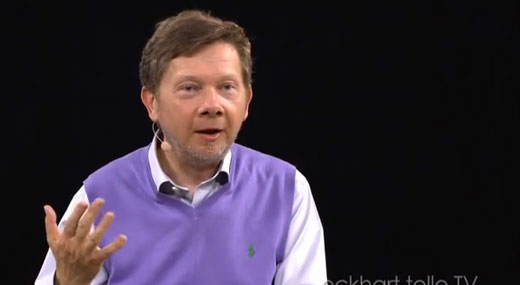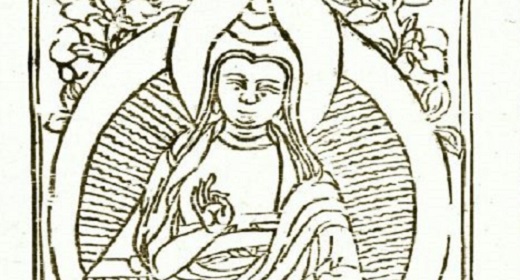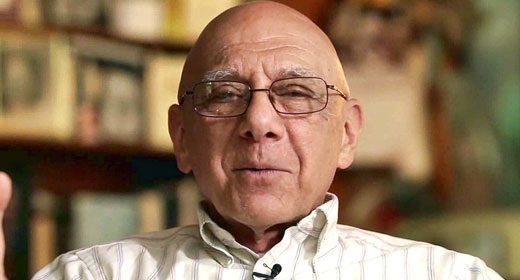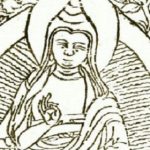by Brittany Shoot: Is there a unifying, universal tenet or ritual from each major world religion that you find useful to study or use as part of your practice?

Karen Armstrong: Compassion. Every single one of the major world faiths has developed its own version of the Golden Rule and said that it is the test of true faith. To paraphrase St. Paul: I can have faith that moves mountains and give my body to be burned, but if it lacks charity it is worth nothing. I think we should study our faith tradition, whatever it may be, and bring that compassionate teaching to the fore in our own lives. If, all the time, we are trying to think of others rather than ourselves, we are beginning to transcend the me-first mentality that is the cause of so much of our pain and causes so much suffering.
What do you consider the main difference between accepting or believing in a particular faith and living an actively compassionate life?
I think believing in a faith and not living compassionately is a waste of time. There is something wrong with your religion if it makes you unkind, intolerant, racist, or selfish. The Buddha said that after achieving enlightenment, you must go back to the marketplace and practice compassion to all living beings—all of them, not just the ones you like or find acceptable.
How does having a spiritual or religious practice—as opposed to shunning all belief systems and any of the dogma that comes with them—enhance our relationships and our lives?
It is ego that makes us most unhappy. The Buddha said that if you lived as if the self did not exist, you would be much happier. It is nearly always selfishness that wrecks relationships. Religion can be used to enhance the ego: “My faith is the best!” “Everybody else’s faith is false!” “I am more pious than you!” But this is what the Buddha and all the great sages would call “unskillful” religion, because it does not help you.






















































